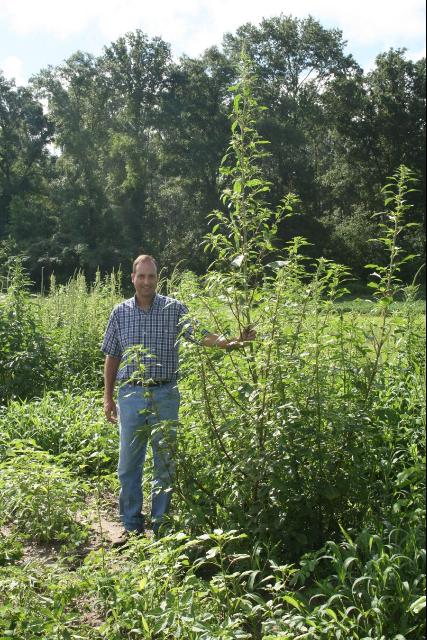By Clint Thompson
Weed control is vital to a specialty crop producers’ success. They contend with crops for water, nutrients and sunshine. So, wouldn’t it make sense for growers to know what specific weeds are causing problems in their fields from year to year?

Credit: UF/IFAS
That’s the argument that Ramdas Kanissery, weed scientist and assistant professor at the University of Florida Institute of Food and Agricultural Sciences (UF/IFAS), makes with farmers applying pre-emergence herbicides.
It behooves growers to know what weeds are most problematic from year to year. They can tailor their fungicide program to take care of specific issues.
“You want to have an expectation of what type of weeds are going to come up. Pre-emergence (herbicides), you’re going to apply right after the preparation stage, after the land preparation. You may be applying to clean ground, but if you have an idea from the previous season scout that whatever species are going to come, it’ll help you select the right material in the right amount,” Kanissery said. “What has historically been there? What have the growers seen from the previous season?”
Kanissery works at the UF/IFAS Southwest Research and Education Center where different types of weeds are problematic. Not all weeds are problems for all producers. The weeds, whether they are an annual or perennial, can create a seed bank in the soil that producers are trying to avoid.
“Let’s take the example of pigweed. If the pigweed is successfully established in a farm, it’s going to lay seeds. The seeds are added to the soil, and the next season you can expect the same pigweed or some portion of that to come up,” he said. “If you have noticed that pigweed is your major weed and you can expect it to come up the next season, you can do a program specifically for the pigweed.”
Pre-emergent herbicides can stay in the soil for two to three months, providing adequate protection for vegetable plants trying get established.









